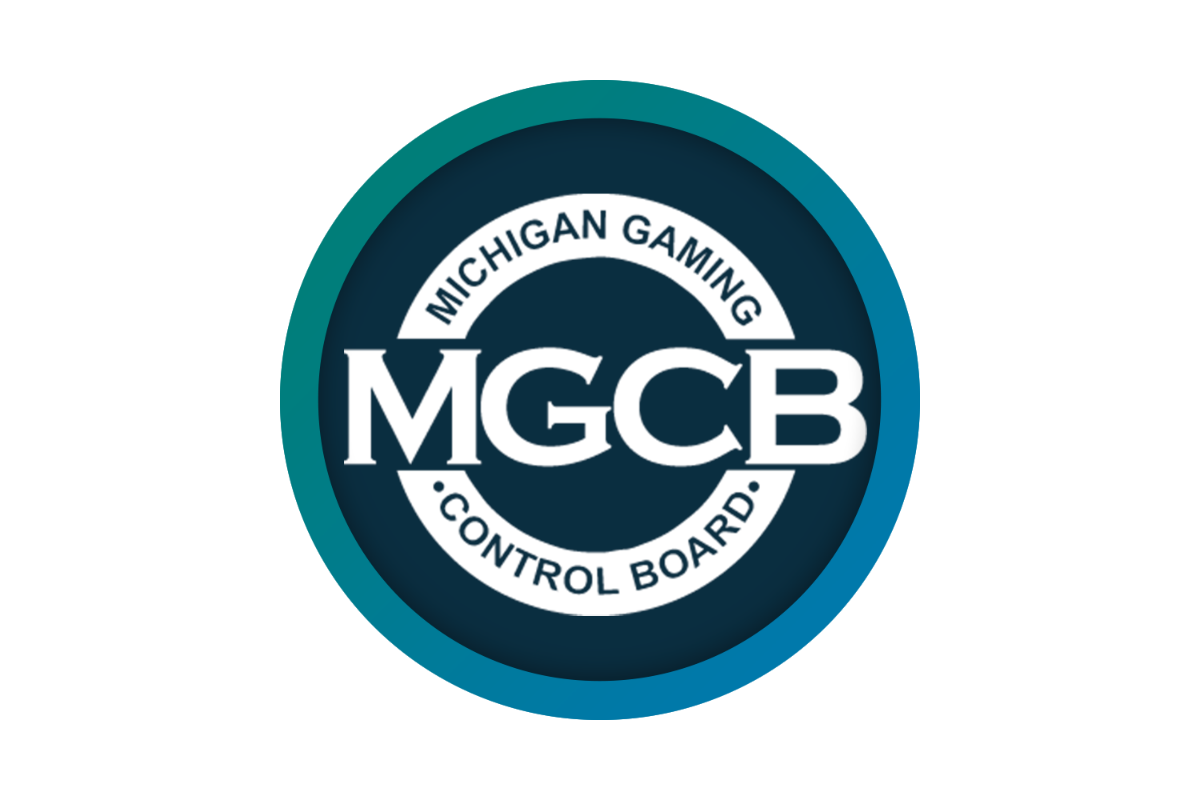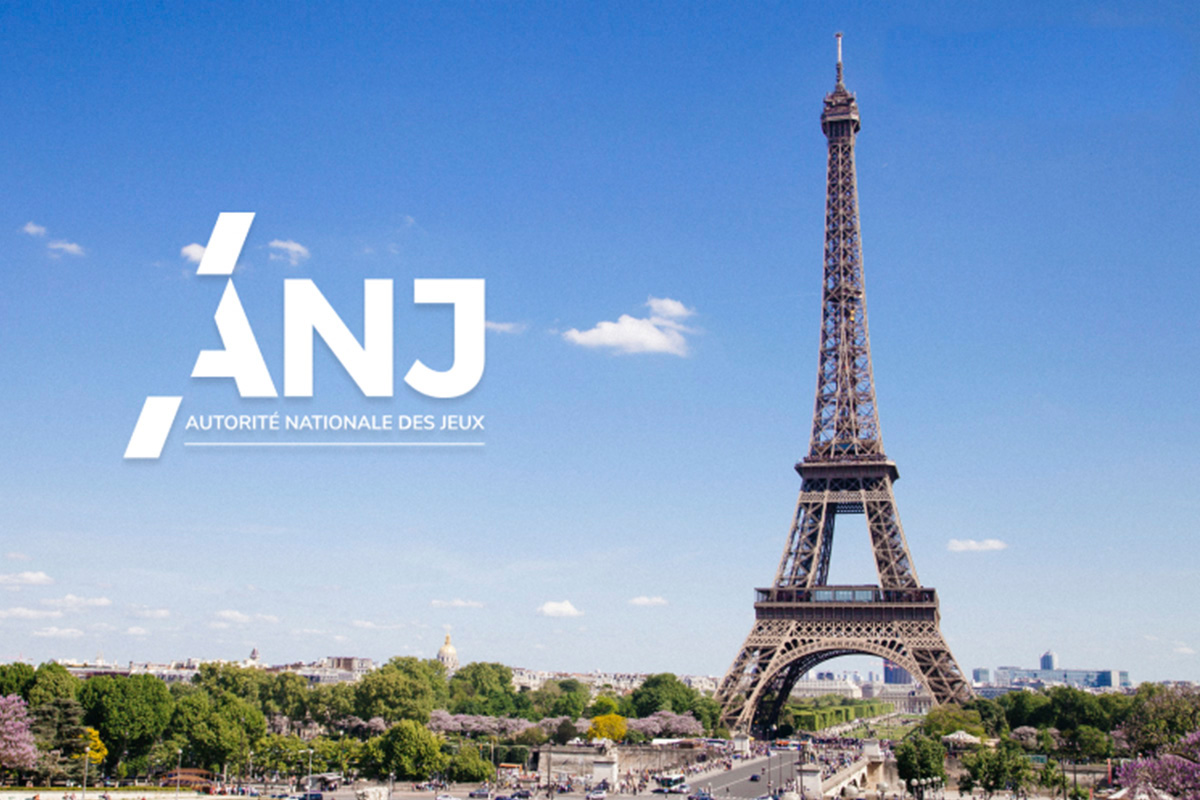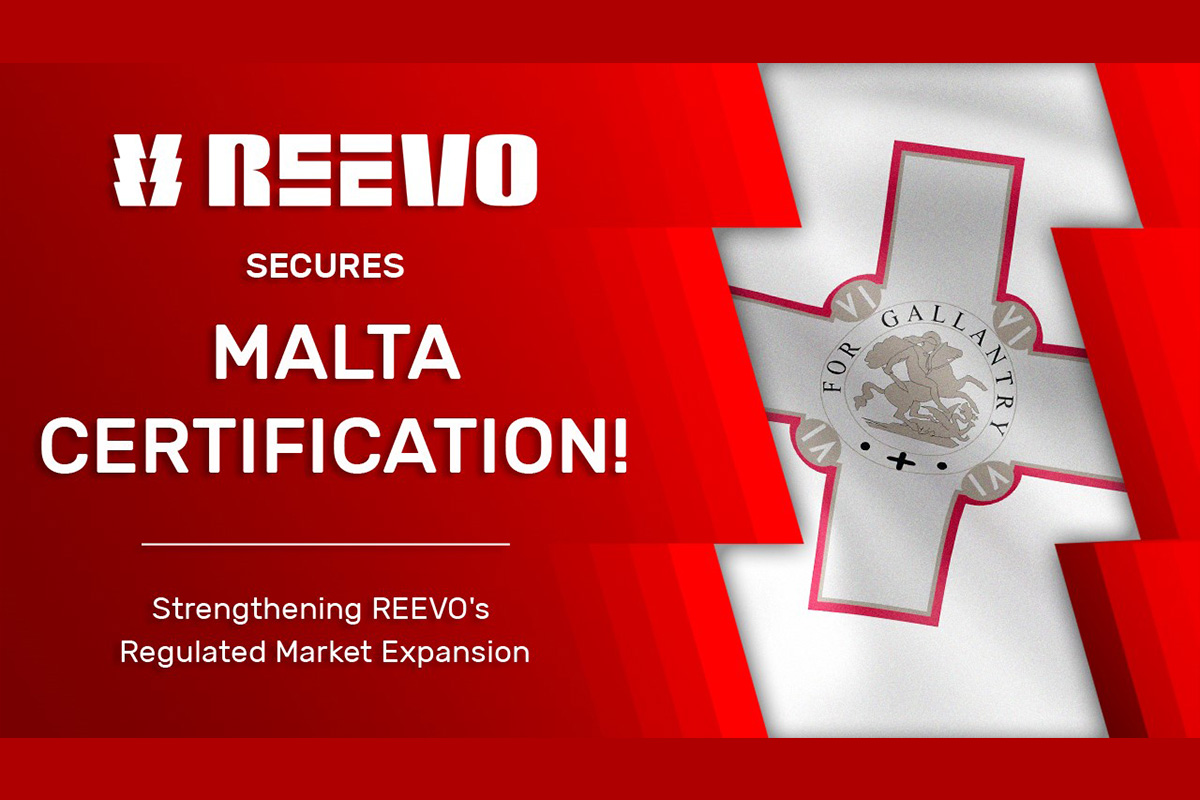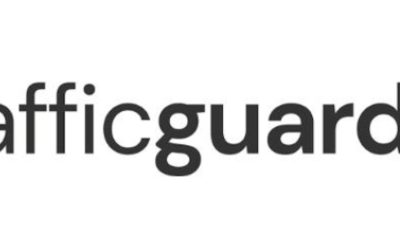Compliance Updates
MGCB cracks down on 13 illegal offshore gambling websites targeting state residents

Action aims to safeguard Michigan players from unregulated, high-risk gambling practices
The Michigan Gaming Control Board (MGCB) has taken swift and decisive action against 13 illegal offshore gambling websites, which were found to be unlawfully targeting Michigan residents. The websites in question—Captain Jack Casino, Casino Brango, Ducky Luck Casino, El Royale Casino, Jazz Casino, Jazz Sports Casino Racebook, Looselines, Planet 7 Casino, Red Dog Casino, Royal Oak Casino, Silver Oak Casino, Skybook, and Slots of Vegas—were operating without proper state licenses, in clear violation of Michigan law.
The operators of these sites, based in jurisdictions including Curaçao, Costa Rica, and the Autonomous Island of Anjouan, have been issued cease-and-desist orders by the MGCB. The action comes as part of ongoing efforts to protect Michigan’s residents from unregulated gambling practices and ensure the integrity of the state’s gaming industry.
Protecting Michigan Residents from Illegal Gambling Risks “These illegal gambling websites put Michigan residents at significant personal and financial risk,” said Henry Williams, Executive Director of the Michigan Gaming Control Board. “Our priority is to maintain a secure and regulated gaming environment. These websites not only violate Michigan’s laws but also engage in deceptive practices that endanger consumers, including withholding winnings and imposing unfair wagering requirements.”
The websites, which allowed Michigan players to gamble using a variety of payment methods—such as credit cards, PayPal, and cryptocurrencies—engaged in dishonest practices, such as restricting withdrawals and demanding players meet high, often unreasonable, wagering thresholds before accessing their funds. This leaves users vulnerable to financial exploitation and undermines the fairness of the gambling experience.
In addition to financial risks, these offshore operators do not meet Michigan’s standards for responsible gaming, consumer protection, or data security, putting users at further risk of fraud and identity theft.
A Strong Message to Offshore Operators
The MGCB’s action serves as a firm warning to illegal offshore operators attempting to skirt Michigan’s legal framework. The cease-and-desist letters instruct the operators to cease all unlawful activities within 14 days of receipt. If the operators fail to comply, the MGCB will work with the Michigan Attorney General’s Office to pursue legal action against these entities.
How Michigan Residents Can Protect Themselves
The MGCB strongly encourages Michigan residents to be vigilant and only engage with online gambling sites that are authorized and licensed by the State of Michigan. To assist players in identifying legal operators, the MGCB provides a list of approved platforms on its official website at Michigan.gov/MGCB.
Residents who suspect illegal gambling activity or who encounter suspicious online platforms are urged to report it immediately. Tips can be submitted by calling the MGCB hotline at 1-888-314-2682 or by emailing [email protected].
Commitment to Ensuring a Safe Gaming Environment
The Michigan Gaming Control Board remains unwavering in its commitment to preserving the integrity of Michigan’s gaming market. The MGCB continues to monitor the online gaming landscape closely to ensure all operators comply with state regulations and uphold the highest standards of consumer protection, fairness, and security.
“These relentless actions are part of our ongoing effort to provide a transparent and trustworthy gaming environment for all Michigan residents,” Williams added. “We will continue to take necessary steps to protect players and maintain the integrity of Michigan’s regulated gaming industry.”
Gambling in any form is for entertainment purposes only. If you or someone you know may have a gambling problem, contact the National Problem Gambling Helpline at 1-800-GAMBLER, text 800GAM, or visit www.1800gamblerchat.org. Help is available 24/7 and is free and confidential.
The post MGCB cracks down on 13 illegal offshore gambling websites targeting state residents appeared first on Gaming and Gambling Industry in the Americas.
Africa
EveryMatrix gains South Africa licence with customer launch pipeline on the rise

EveryMatrix has obtained official licensing consent to provide its complete platform technology in South Africa, with its client pipeline quickly expanding throughout the continent and significant customer launches approaching.
EveryMatrix South Africa (EMSA) has obtained a manufacturer’s license from the Western Cape Gambling and Racing Board and is now permitted to offer its modular and turnkey platform solutions in sports, casino, player account management (PAM), payments, and affiliate management to top local and international operators.
The tier-1 technology provider has achieved considerable progress throughout Africa recently, collaborating with numerous local brands and finalizing agreements with several others set to launch in the upcoming months.
The purchase of FSB Technology has also given it additional access to South Africa and various other developed and developing iGaming markets on the continent.
An increasing number of major local and global tier-1 operators, as well as World Lottery Association member organizations in essential regulated markets, are choosing EveryMatrix’s turnkey platform technology.
Mark Schmidt, Managing Director, Africa, EveryMatrix, said: “Bringing our full suite of turnkey platform products into South Africa under our new licence is enabling us to power some of the biggest brands here, giving them access to technology that will instantly unlock their potential and drive market growth. In the coming weeks and months, we’ll be announcing some major deals so watch this space.
“Our casino, sports, PAM, payments, games and content aggregation and affiliate management solutions, supported by our local experts who understand their needs and challenges are providing an offering no one else has been able to offer so far in South Africa and across the continent.”
The post EveryMatrix gains South Africa licence with customer launch pipeline on the rise appeared first on Eastern European Gaming | Global iGaming & Tech Intelligence Hub.
ANJ
ANJ Warns French Gambling Operators Over 2026 World Cup Ad Budgets

During its review of gambling operators’ 2026 promotional strategies, the French National Gaming Authority (ANJ) observed a significant increase in their promotional budgets (over 25%), which they attributed in particular to the FIFA World Cup calendar. In this context, to prevent any risk of advertising overexposure and the development of excessive gambling, the ANJ has asked all operators not to exceed their announced budgets.
FIFA’s recent announcement of the introduction of water breaks (or “hydration breaks”) during the Football World Cup, leading to the introduction of 2 minutes of additional advertising breaks during each match, has reinforced the concerns of the ANJ.
Given the prevalence of problem gambling in sports betting (15.3%), and the fact that 18% of 18-24 year olds were gambling in 2024, this announcement does indeed raise fears of an intensification of advertising pressure on the most vulnerable players.
During discussions with the ANJ (National Gaming Authority), ADMTV (which represents all the advertising sales houses of television broadcasters and streaming services) informed them that a major broadcaster had decided not to sell refreshment breaks to advertisers in the gambling sector. This broadcaster also committed to respecting the codes of conduct and recommendations established by ARCOM, ANJ and ARPP since 2022. The ANJ has taken note of this.
Following this announcement, it calls on all stakeholders, broadcasters as well as gambling operators, to exercise restraint in promoting these new spaces, including in activating their partnerships.
Furthermore, it reiterates its call for broadcasters to respect the rules prohibiting advertising for illegal gambling and games of chance, particularly online casinos.
Finally, she asks the legislator to take up in the future her proposal to establish a whistle-to-whistle ban and a strengthened framework for sponsorship of major sporting events.
The post ANJ Warns French Gambling Operators Over 2026 World Cup Ad Budgets appeared first on Eastern European Gaming | Global iGaming & Tech Intelligence Hub.
Compliance Updates
REEVO Secures MGA B2B Licence

REEVO, the iGaming aggregation powerhouse, has announced that the company has been granted an official MGA B2B Licence by the Malta Gaming Authority (MGA), further reinforcing REEVO’s commitment to regulatory excellence and its continued expansion across regulated markets worldwide.
This major milestone reflects REEVO’s dedication to delivering compliant, secure and scalable aggregation solutions to operators globally, while strengthening trust and long-term partnerships across the iGaming ecosystem.
With the MGA B2B licence in place, REEVO continues to elevate its position as a trusted supplier in regulated jurisdictions, offering partners the stability, integrity and performance needed to thrive in today’s evolving market landscape.
“This achievement represents another key step in REEVO’s global growth strategy. Securing an MGA B2B licence strengthens our ability to support operators with confidence, while reinforcing REEVO’s long-term commitment to compliance, reliability, and innovation,” said Karl Grech, Head of Business Development at REEVO.
The post REEVO Secures MGA B2B Licence appeared first on Eastern European Gaming | Global iGaming & Tech Intelligence Hub.
-

 Amusnet5 days ago
Amusnet5 days agoWeek 7/2026 slot games releases
-

 Aphrodite’s Kiss5 days ago
Aphrodite’s Kiss5 days agoLove on the Reels: Slotland Introduces “Aphrodite’s Kiss”
-

 Finnish Institute for Health and Welfare7 days ago
Finnish Institute for Health and Welfare7 days agoFinland’s Health Authority Launches “2-4-2” Gambling Risk Limits Ahead of Expected Advertising Boom
-

 Latest News7 days ago
Latest News7 days agoWinSpirit’s UnValentine’s Day: A New Take on February Engagement
-

 Bryndís Hrafnkelsdóttir7 days ago
Bryndís Hrafnkelsdóttir7 days agoNOVOVISION Implemented at the University of Iceland Lottery
-

 Denmark6 days ago
Denmark6 days agoRoyalCasino Partners with ScatterKings for Company’s Danish Launch
-

 Balkans7 days ago
Balkans7 days agoExpanse Studios Signs Content Distribution Deal with Lobbet
-

 Booming Games6 days ago
Booming Games6 days agoTreasure Hunt Revival — Booming Games Launches Gold Gold Gold Hold and Win





























